detail profile osvaldo bayer
Peran Yang Di Mainkan Osvaldo Bayer
 Documentary film about the zanja de...
Documentary film about the zanja de...Alsina's Trench 2017
Documentary film about the "zanja de Alsina", a long trench dug in the Argentinian Pampa in 1876 as way to separate the "civilized" from the "barbarians" during the massacre of indigenous peoples known as "campaña del desierto".
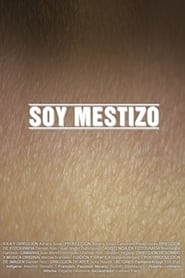 The natural sciences museum of La...
The natural sciences museum of La...Soy mestizo 2015
The natural sciences museum of La Plata, Argentina, had indigenous people held captive as study objects in the past, and their skeletons were on exhibit for many decades. The story of Krygi, served as a trigger to look back at the ideologies that defined us as individuals and as a people.
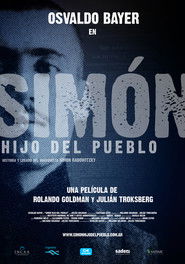 The story of the mythical anarchist...
The story of the mythical anarchist...Simón, el hijo del pueblo 2013
The story of the mythical anarchist begins to weave on May 1, 1909, when the police repress a massive anarchist march in Buenos Aires, leaving dead and wounded. A few months later, the carriage of Ramón Falcón, the police chief who commanded the repression, explodes and flies through the air. For the attack, a young Ukrainian is arrested: Simón Radowitzky.
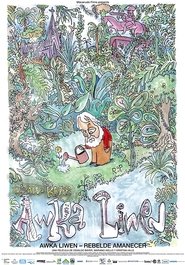 This documentary exposes the untold story...
This documentary exposes the untold story...Awka Liwen 2010
This documentary exposes the untold story about the killing of native Southamerican people in Argentina in the late XIX century, with the aim of taking their lands for economical and political purposes.
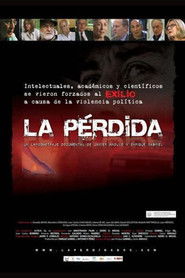 A reflection on the exile of...
A reflection on the exile of...La pérdida 2009
A reflection on the exile of an entire intellectual, scientific and academic elite that was forced to flee Argentina due to the political violence of the sixties and seventies.
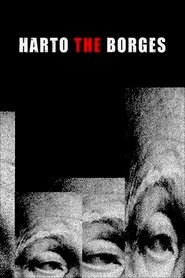 A fragmented biography inconclusive partial of...
A fragmented biography inconclusive partial of...Harto the Borges 2000
A fragmented biography, inconclusive, partial, of the brilliant Argentinian writer Jorge Luis Borges, based on different testimonies: his links with Leonor de Acedevo —his mother— and María Kodama —his second wife—; his vast culture and devout dedication to literature, his and that of others; his country: the politicians and the disloyal military. Borges gradually builds his own impersonation of Borges.
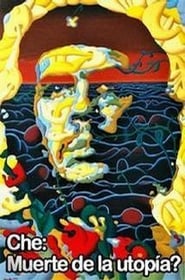 What does Che Guevaras mythic presence...
What does Che Guevaras mythic presence...Che: muerte de la utopia? 1999
What does Che Guevara"s mythic presence represent to people at the turn of the century, and how do people define their concept of utopia?
 A history of Argentine football from...
A history of Argentine football from...Fútbol argentino 1990
A history of Argentine football, from its origins in the nineteenth century to the victory of the Argentine national team in the 1986 World Cup. The film uses valuable archival footage.
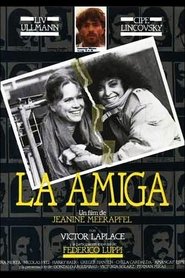 Since childhood Raquel and Maria have...
Since childhood Raquel and Maria have...The Girlfriend 1989
Since childhood, Raquel and Maria have been close friends. Now all grown-up, Raquel has fulfilled her dream of becoming an actress, while Maria has married a handyman, given birth to three children and runs the family household. In the wake of the Argentine military coup of 1976, Maria's oldest son Carlos is abducted. Desperate, Maria turns to her prominent friend for help. Yet the more Raquel gets involved in the search for Carlos, the more she becomes herself a target of the junta. Finally, she flees from Argentina to Berlin. Meanwhile Maria joins a group of women who investigate the fate of their disappeared relatives. In 1983, after the fall of the dictatorship, the two friends meet again.
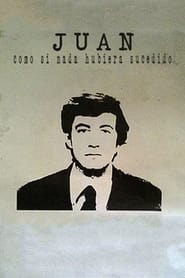 Documentary about the detentiondisappearance of Juan...
Documentary about the detentiondisappearance of Juan...Juan: As If Nothing Ever Happened 1987
Documentary about the detention-disappearance of Juan Marcos Herman in the city of Bariloche during the dictatorship in Argentina.
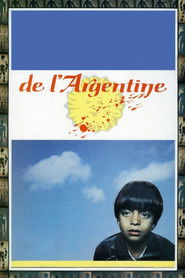 Documentary on State terrorism during the...
Documentary on State terrorism during the...For Example, Argentina 1985
Documentary on State terrorism during the last military dictatorship in Argentina, made in its aftermath. Invited by the Goethe-Institut to hold a workshop with young film students, Schroeter contrasts the official statements of the regime with the testimony of victims, dissidents and relatives of the disappeared. And trust that their faces and words will resonate much more than a mere representation of violence.
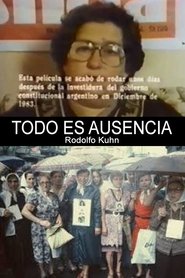 Five Argentinian women with missing relatives...
Five Argentinian women with missing relatives...Todo es ausencia 1984
Five Argentinian women, with missing relatives from the military dictatorship that ruled the country, explain their emotions and feelings about all that happened.
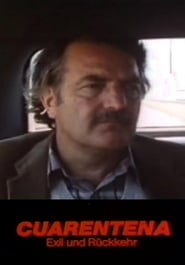 The days between the end of...
The days between the end of...Cuarentena (Exil und Rückkehr) 1984
The days between the end of the military dictatorship and the beginning of the constitutional period from 1983: political debates in the streets and the meetings of the Mothers of Plaza de Mayo, who were waiting for the role that each political party would play to claim for the disappeared. Osvaldo Bayer in first person.
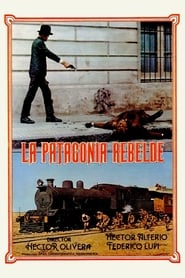 In 1920 workers from Patagonia in Southern...
In 1920 workers from Patagonia in Southern...Rebellion in Patagonia 1974
In 1920, workers from Patagonia, in Southern Argentina, gather around an anarcho-syndicalist society and go on strike, demanding better working conditions. When the situation turns unsustainable, President Yrigoyen sends Lieutenant Colonel Zavala to impose order.
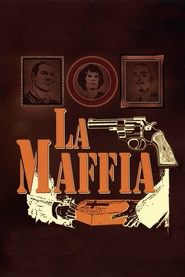 The business of the Donato family...
The business of the Donato family...The Mafia 1972
The business of the Donato family, an Italian-Argentine criminal organization, is a success. They have bought judges, lawyers and even politicians, but after a kidnapping goes wrong, a civil war starts in the Donato crime family. Based on a real event of the Galiffi crime family, a real Italian pro-Fascism mafia that conquered in the 1920's and 1930's the city of Rosario, the Chicago of Latin America.
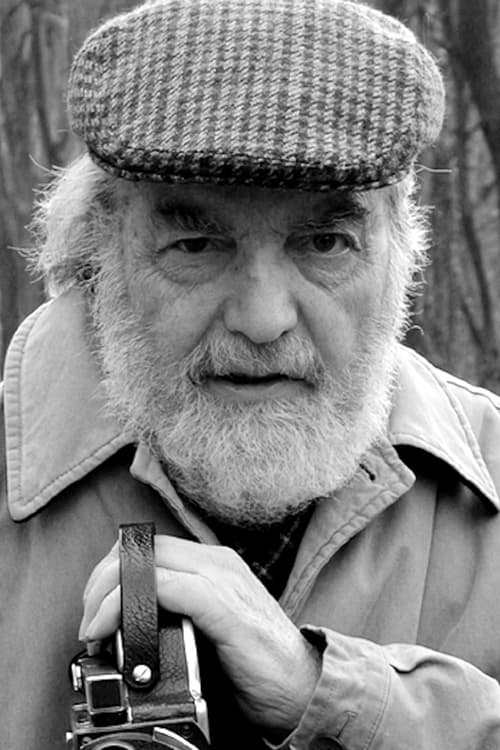
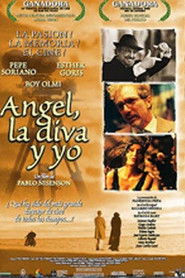 Buenos Aires at the end of...
Buenos Aires at the end of...